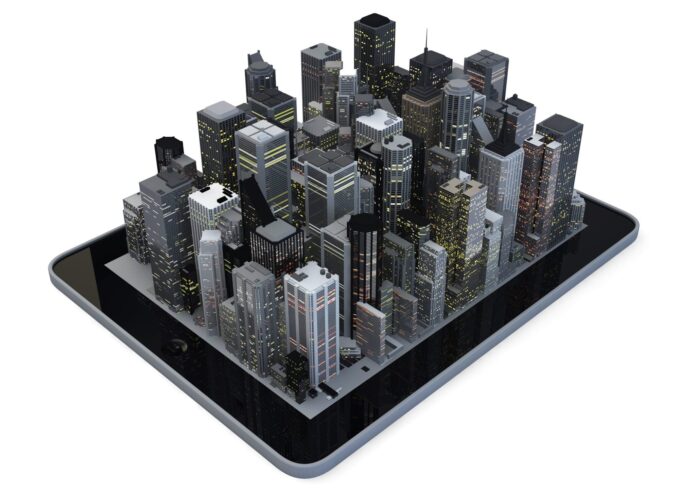Any city willing to deploy a smart city strategy needs certain basic elements such as broadband internet, a network of sensors and internet of things (IoT) platforms. There is no doubt that these are key components of any smart city implementation. However, the development of a smart city project requires more than just rolling out technology.
According to Finnish vendor Nokia’s Market Development Director for the internet of things, Mark Jadoul, municipal governments need to start any smart city project with a realistic vision of where and how they want to achieve the smart city implementation. “There are many drivers and many different definitions of a smart city, and no two implementations are the same. Governments should clearly state their urbanism, social, economic, and other objectives as well as define the budget,” the executive said.
According to Nokia, cities should also implement the network infrastructure “first time right”. Local governments need to create a broadband IP and IoT infrastructure that is scalable, manageable, and secure by design. “Cities need to remember that they are laying the foundation for all government-to-government, government-to-citizen, government-to-business, business-to-citizen, citizen-to-citizen, machine-to-person, and machine-to-machine communication applications,” Jadoul said.
Cities should also incorporate smart requirements into publicly funded infrastructure programs in areas such as mobility, healthcare, security, lighting, environment, energy, construction, and communications. The executive said that city governments should concentrate on building the “need to have” infrastructure for the residents, and make sure that the “nice to have” applications are covered by private initiatives and partnerships.
In any smart city initiative, municipal authorities also should launch and support cross domain initiatives, such as smart transportation, smart energy, or smart home programs that leverage across sectors and applications, Nokia said.
Another key strategy for the implementation of any smart city initiative is the deployment or adoption of a horizontal platform that enables data sharing, application creation, and device management.
Cities also need to stimulate ecosystems and work to promote a collaborative culture. “Private industry partners such as project developers, utilities companies, service providers, and technology vendors have a key role to play in developing smart cities. Governments should boost innovation and collaboration through initiatives like innovation labs, developer contests, and application playgrounds,” Jadoul added.
Also, a good advice for city governments is to start any smart city initiatives with solid but small steps. Cities should start these kind of projects by creating test beds, deployment blueprints and applications showcases.
Nokia also said that local authorities should identify appropriate milestones and metrics to measure performance and monitor progress of smart city deployments. Apart from the evaluation of technical aspects, government should also consider parameters like digital economic growth, accessibility of open data and digital service adoption, among others.
The executive said that smart city projects should have the ultimate goal of benefiting local residents. “Smart city projects should be inclusive, participatory, and social. Governments should launch digital equality initiatives and organize end-user education, let locals participate in technology and field trials, and get their feedback through frequent surveys and group sessions.”

